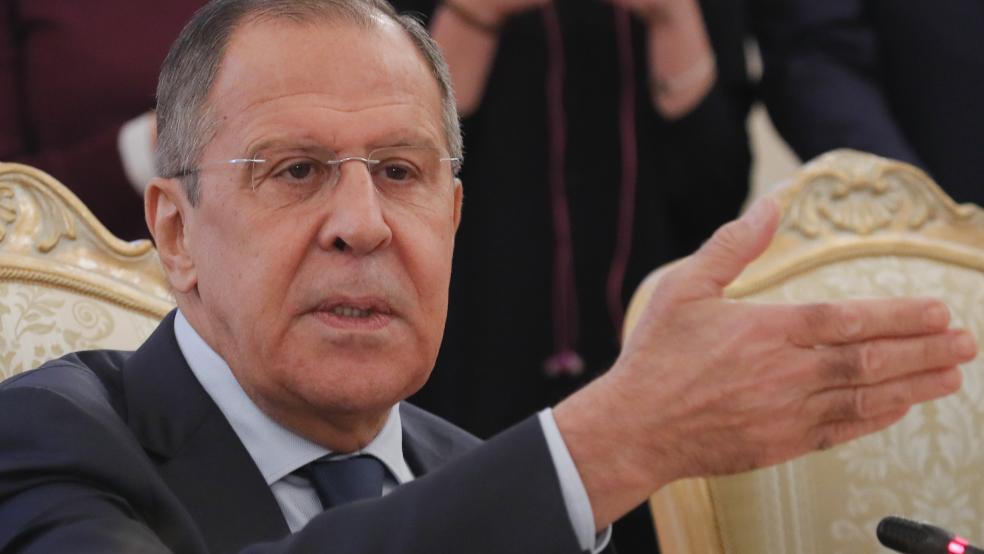Hijab, a former Syrian prime minister, stepped down on Monday as head of the High Negotiations Committee (HNC) which was formed nearly two years ago with Saudi backing to bring together political and armed opponents of Assad.
"The retreat of radically minded opposition figures from playing the main role will make it possible to unite this motley opposition -- internal and external -- on a more reasonable, realistic and constructive platform," Russia's Rossiya 24 state television showed Russian Foreign Minister Sergei Lavrov saying at a news briefing."We will support the efforts made by Saudi Arabia in this respect."After intervening decisively in Syria's war in 2015 to support Assad, Russia now hopes to build on the collapse of militant group Islamic State to revive a political process to end the more than six-year-old war.Hijab is one of up to 10 HNC members who have quit the opposition umbrella group, including Riyad Naasan Agha, who told Reuters its work had now been "brought to an end".Agha said the HNC, which has insisted on Assad's removal from power at the start of a political transition, had been marginalized ahead of a conference of the Syrian opposition which Saudi Arabia is due to host this week. The "expanded" conference aims to forge a united position ahead of a new round of U.N.-backed peace talks toward ending the conflict that erupted in 2011.But Yahya al-Aridi, an HNC member who will be taking part in the Riyadh conference, said: "The HNC is not finished ... it is a technical group with a particular function to carry out, which is negotiations." "There are other Syrians who are still committed to the rights of Syrian people for freedom and liberty," Aridi said. Hijab did not spell out his reasons for stepping down in a statement on Monday night.The Syrian opposition has long been weakened by ideological and political divisions, exacerbated by ties to regional states with competing agendas such as Qatar and Saudi Arabia -- countries that have been at loggerheads since June.In a telephone interview with Reuters, Agha said HNC members including Hijab and himself had not been invited to the Nov. 22-24 conference, and "in practical terms its work has been brought to an end". Agha said he did not know who had taken the decision to marginalize the HNC but would not blame the Saudi hosts."Russia is behind overturning the scales of the opposition to be in the interest of Assad and not against him," he said. (Reporting by Dmitry Solovyov in Moscow, Tom Perry and Lisa Barrington in Beirut; Editing by Catherine Evans)Russia says retreat of Syrian opposition figures good for peace

MAXIM SHEMETOV



